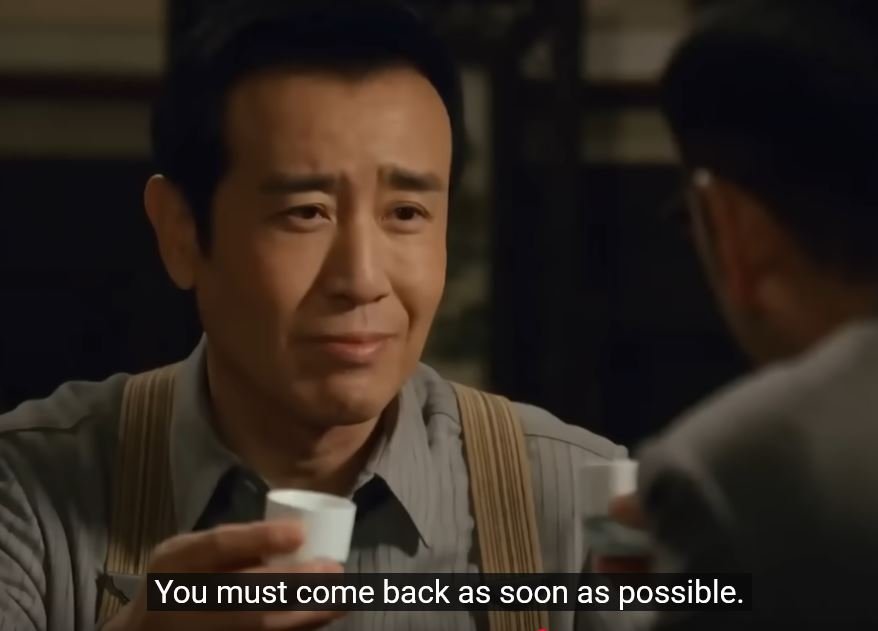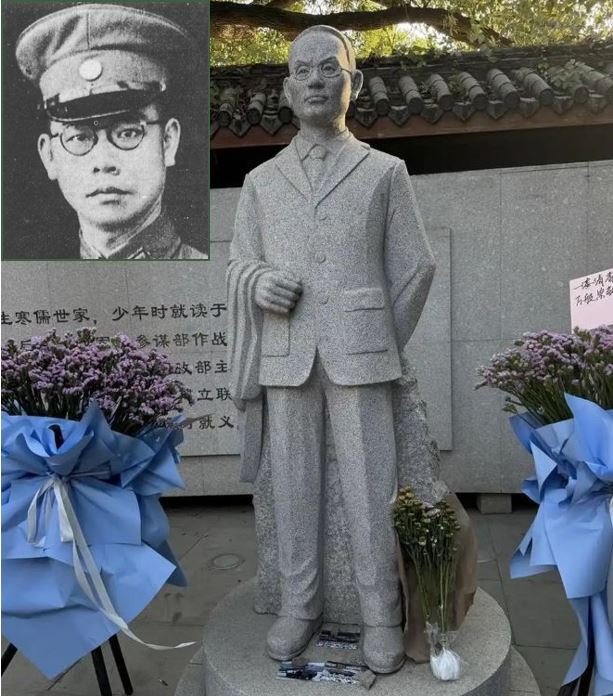It’s not just espionage chic. The Ministry of State Security developed a script that evoked strong feelings about the “unavoidable” reunification.
by Hu Zimo

China’s Ministry of State Security has traded trench coats for teleprompters, scripting a new hit TV series that’s less “Mission: Impossible” and more “Mission: Inevitable (Reunification Edition).” “Silent Honor,” airing on CCTV, is the latest state-sanctioned spectacle glorifying Communist Party spies who operated in Taiwan after 1949—a period when espionage was less about gadgets and more about ideological grit.
But don’t expect Bond-style martinis or femme fatales. This is propaganda with a velvet glove: a slow-burning drama that paints Chinese agents as stoic martyrs, sacrificing everything for the motherland’s dream of reunification. The series is partly scripted by the Ministry of State Security and the Taiwan Affairs Office, which is like saying MI6 and the Home Office teamed up to write a new Bond movie.
The show’s protagonist is a composite of real-life agents like Wu Shi, executed in Taiwan in 1950, whose home has become a pilgrimage site for patriotic tourists and Party cadres alike. Once buried in classified files, Wu’s story is now front and center, complete with solemn music, sepia-toned flashbacks, and a narrative arc that screams “national unity.” Propaganda insists that the series is “a spiritual tribute to those who laid the foundation for cross-strait peace,” which is a poetic way of saying: “We’d like Taiwan back, please—and here’s a tearjerker to help.”

The show bears the mark of propaganda’s emotional engineering. The spies are portrayed not as shadowy figures but as noble souls who endure torture, betrayal, and exile—all for the red flag. The villains are Taiwanese agents or indifferent civilians, subtly reinforcing the idea that Taiwan’s current political identity is a historical aberration.
The show’s release coincides with a broader campaign to stir public sentiment around reunification. From state media op-eds to social media hashtags, the message is clear: these spies didn’t die in vain, and their legacy demands closure—in the form of a unified China.
Wu Shi’s home in Fujian has become a stage for patriotic devotion. Visitors leave flowers, recite Party slogans, and post selfies with captions like “Reunification is destiny.” It’s part memorial, part mobilization. There are also travel brochures for ideological tourism: “Come for the history, stay for the national pride.”

What’s striking is how “Silent Honor” blends wartime grit with cinematic gloss. The costumes are crisp, the lighting moody, and the dialogue polished to a sheen. It’s propaganda with production value—a Netflix-worthy aesthetic wrapped around a Party-approved message. Think “The Crown,” but with more trench coats and fewer tiaras.
This isn’t just about ratings. It’s about rewriting the emotional script of cross-strait relations. By turning spies into saints, the series reframes Taiwan not as a separate entity but as a lost sibling—one whose return would fulfill a sacred promise. It’s nostalgia weaponized, history dramatized, and diplomacy stylized.
“Silent Honor” is China’s latest soft-power gambit: a televised love letter to Taiwan, penned in invisible ink and sealed with a red stamp. Whether it moves hearts or raises eyebrows, it’s espionage, rebranded for prime time.

Uses a pseudonym for security reasons.



